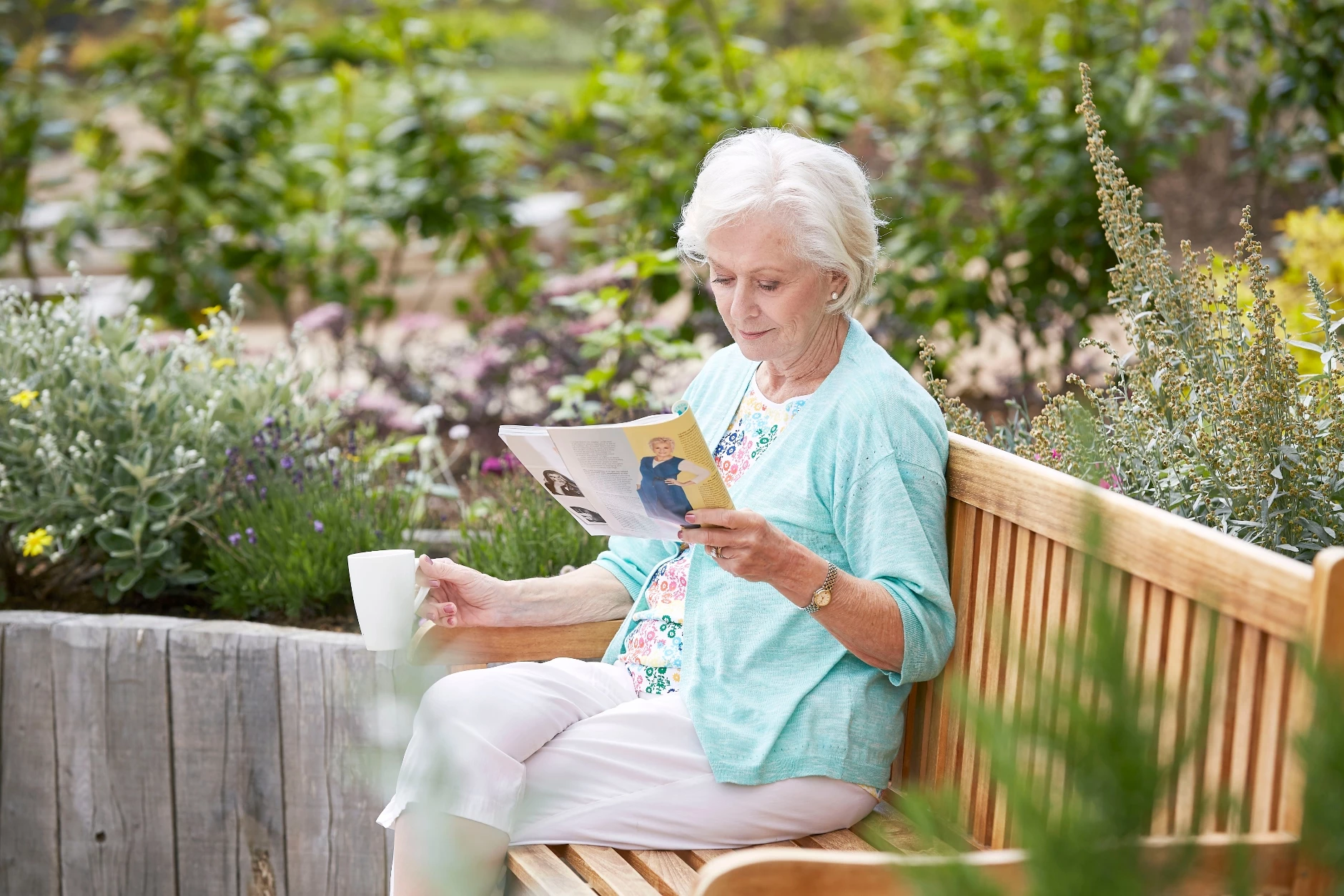
Partner Article
Retirement living communities are vital to the future of social care
A new report argues that retirement communities should be considered a major part of the solution on how care is delivered in England.
The Associated Retirement Community Operators (ARCO) and the County Councils Network, who co-authored the report, say that retirement communities offer care and support and could play a hugely important preventative role in addressing the adult social care funding crisis and keeping people out of hospital longer.
According to the report: “Retirement Communities offer a different choice for people and can help them retain independence for as long as possible, with the added insurance of care options being close at hand and readily accessible should it be needed in the future. By being open to the wider community and acting as hubs for the towns and villages around them they also keep older people engaged with wider society which is key to tackling loneliness and isolation in later years.
“Too often the central issue is of someone who has continued to live in accommodation which becomes increasingly less appropriate for them as their health deteriorates into old age – leading to a ‘cliff edge’ where they are forced to move into an institution because home is no longer safe, perhaps following a fall or illness.”
Dr Ed Gladman, MD of Adlington Retirement Living, which owns and runs a number of retirement communities in the North West and Midlands, comments: “The report highlights some really strong examples of how retirement communities have an incredibly positive impact on both the physical and mental health of homeowners. One community found that its residents’ unplanned hospital stays reduced from 8-14 days to 1-2 days. They were also 75% more physically active, had 23% reduced levels of anxiety, and showed reduced levels of isolation and loneliness with 87% saying they never or hardly ever feel lonely. Retirement communities like ours allow people to live independently for longer and to make the most of their retirement.”
It’s a well-known fact that people are living longer – 10.2 million people aged over 65 currently live in England and the number of people aged over 75 is projected to double in the next 30 years . The proportion of households where the oldest person is 85 or over will grow faster than for any other age group – by 2037 there are projected to be 1.42 million more such households in England . However, currently only 0.6% of over-65s in the UK live in a retirement community, which is about a tenth of the level of provision in New Zealand and Australia.
Dr Gladman explains: “In the UK there’s a general lack of awareness of modern retirement living communities and some deep-rooted preconceptions which are totally out-dated.
“We offer the best of both worlds. Our Homeowners can enjoy the privacy of their own peaceful and spacious apartment, but there’s also a thriving community that they can dip into whenever they want to.
“Even during lockdown many of our Homeowners were chatting to each other from their private balconies and patios, joining each other for an online quiz and at some developments we launched a virtual exercise class and a socially distanced gardening club.”
In fact, Dr Gladman believes the experience of the Covid-19 Pandemic and the UK lockdown may have been an eye-opener for many people in the UK.
“Lockdown has demonstrated the reality of what a lot of elderly people are living with, in terms of the negative impact that loneliness and isolation has. It’s given many people an insight into that situation.
“One of the concerns of the report is that there is still limited awareness of the Retirement Communities on offer, particularly among those who would most benefit. We’re hoping that by sharing some of our insight with our local business community, it might help to start a conversation with friends and family so we can remedy that situation.”
This was posted in Bdaily's Members' News section by Anna Thomas .






 A legacy in stone and spirit
A legacy in stone and spirit
 Shaping the future: Your guide to planning reforms
Shaping the future: Your guide to planning reforms
 The future direction of expert witness services
The future direction of expert witness services
 Getting people into gear for a workplace return
Getting people into gear for a workplace return
 What to expect in the Spring Statement
What to expect in the Spring Statement
 Sunderland leading way in UK office supply market
Sunderland leading way in UK office supply market
 Key construction developments in 2025
Key construction developments in 2025
 Mediation must be part of planning process
Mediation must be part of planning process
 From apprentice to chief financial officer
From apprentice to chief financial officer
 Don't stifle growth with apprenticeship cuts
Don't stifle growth with apprenticeship cuts
 The start-up landscape: What lies ahead in 2025
The start-up landscape: What lies ahead in 2025
 JATCO adds welcome drive to automotive sector
JATCO adds welcome drive to automotive sector